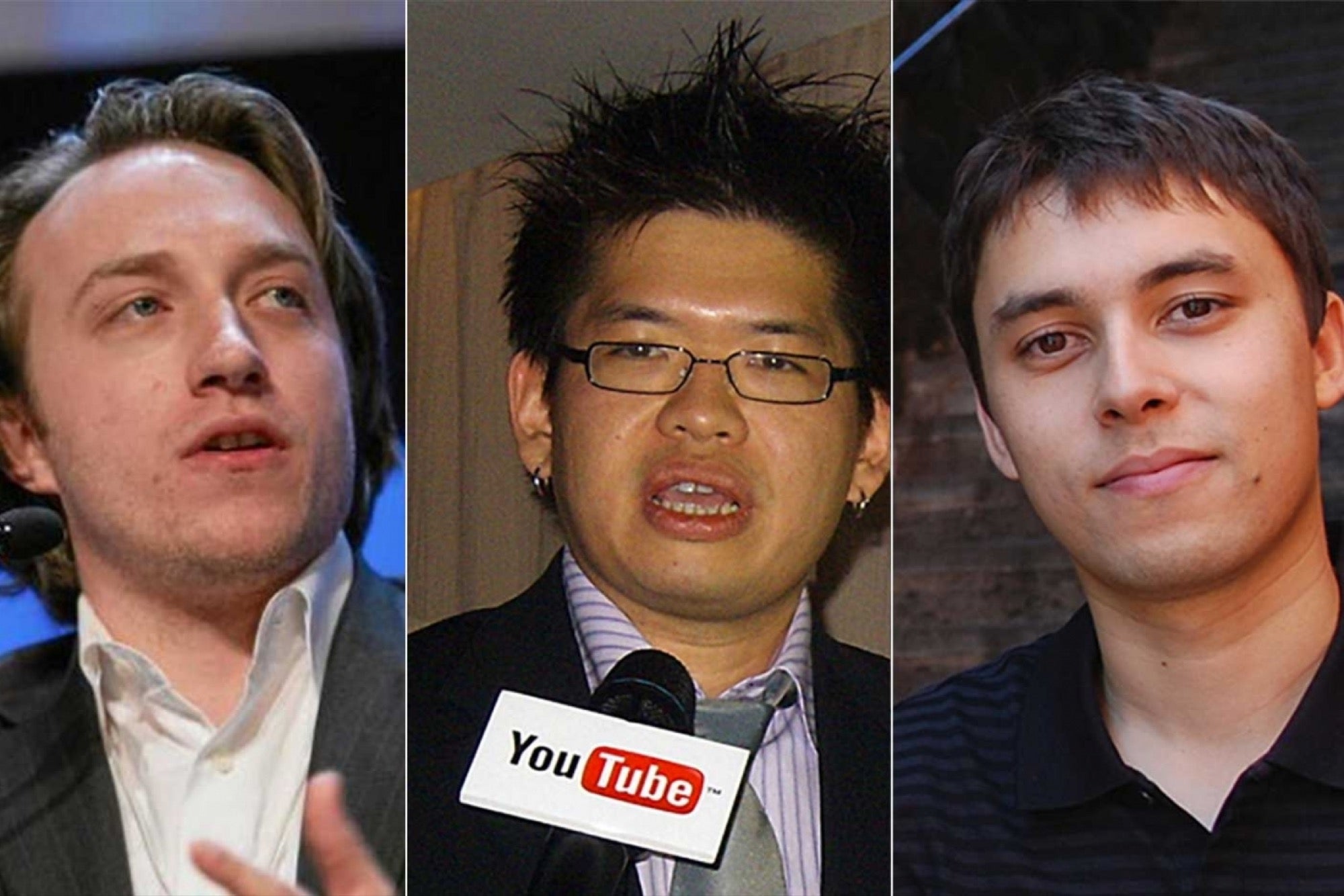YouTube's Co-Founder Just Made a $1.65 Billion Case for the Early Pivot The company was originally going to be a dating site. Good thing co-founders Steve Chen, Jawed Karim and Chad Hurley listened to what their users had to say.
By Laura Entis
Opinions expressed by Entrepreneur contributors are their own.

Today, YouTube has more than a billion users who consume hundreds of millions of hours of videos every day on the platform. A large part of its appeal is in its all-encompassing vastness -- YouTube is a whirring mass of content, from cat videos to music videos to videos of kids inadvertently hurting themselves. Whatever you feel like watching at any given moment, YouTube likely has an entire channel -- plus a community of active commenters -- dedicated to the subject.
Which is why it's so mind boggling to think that originally, YouTube was supposed to be an online dating site where users uploaded videos of themselves outlining what they were looking for in a mate.
Related: A Startup That Promised Cash to Engaged Couples Breaks Hearts With an Abrupt Pivot
"We always thought there was something with video there, but what would be the actual practical application?" YouTube co-founder Steve Chen said at the SXSW conference, according to CNET. "We thought dating would be the obvious choice."
Unfortunately, users weren't so keen on the idea. After five days, no one had uploaded a single dating profile.
Instead of tying themselves to the concept Chen and his two co-founders (Jawed Karim and Chad Hurley) recognized that while the use case wasn't a hit, the underlying technology, which enabled users to easily upload videos, was still valuable. So in lieu of blindly chasing unwilling online daters or giving up entirely, they simply shifted strategies.
The reaction was, "OK, forget the dating aspect," Chen said at SXSW. "Let's just open it up to any video."
Related: Brain Break: Watch This Hilarious 'Bad Lip Reading' of Ted Cruz
Voila, YouTube. The platform promptly blew up and, in 2006, the trio sold the company to Google for $1.65 billion.
It's as good a reminder as any that in a startup's early days, it helps to watch how users are responding to the service. If everyone is using it in an unexpected way, a pivot isn't the worst thing. Just ask Chen, Karim and Hurley.










